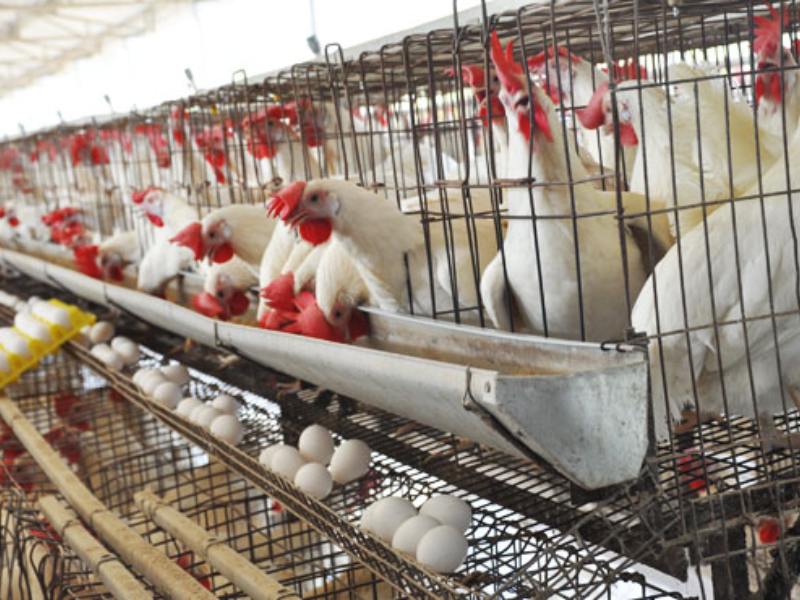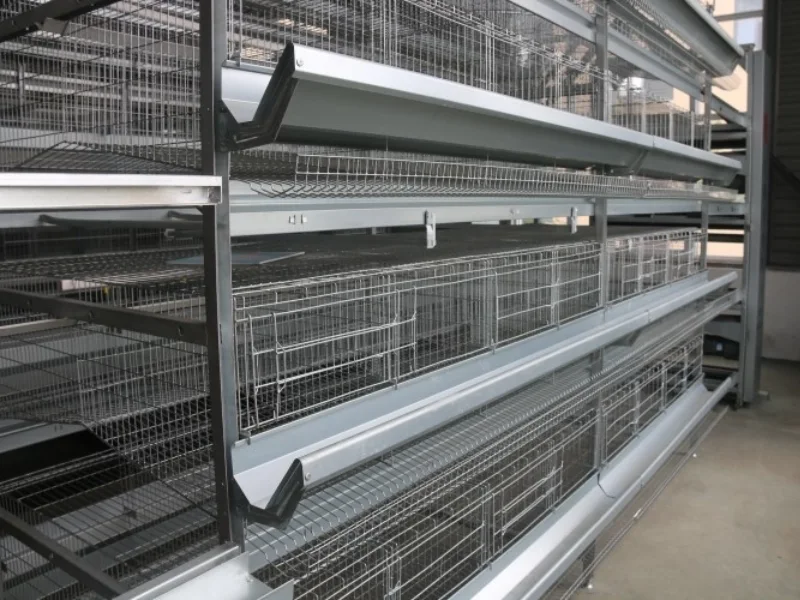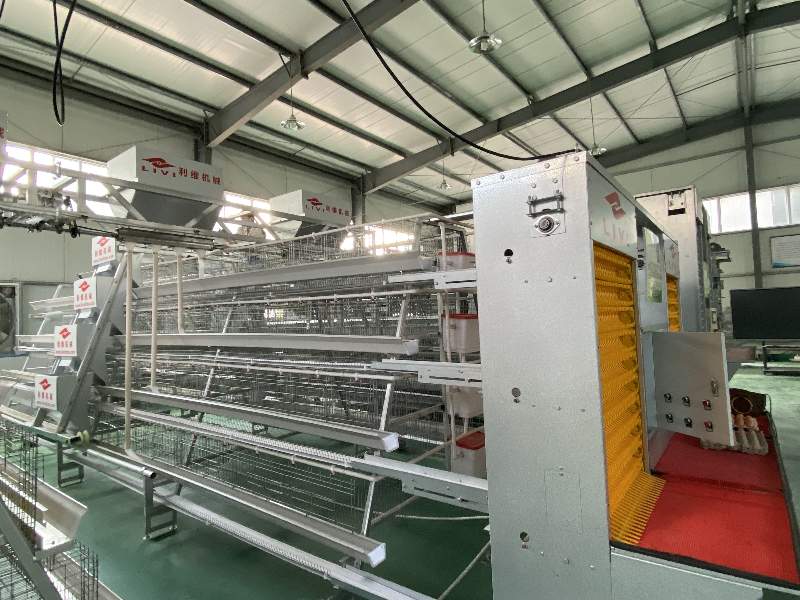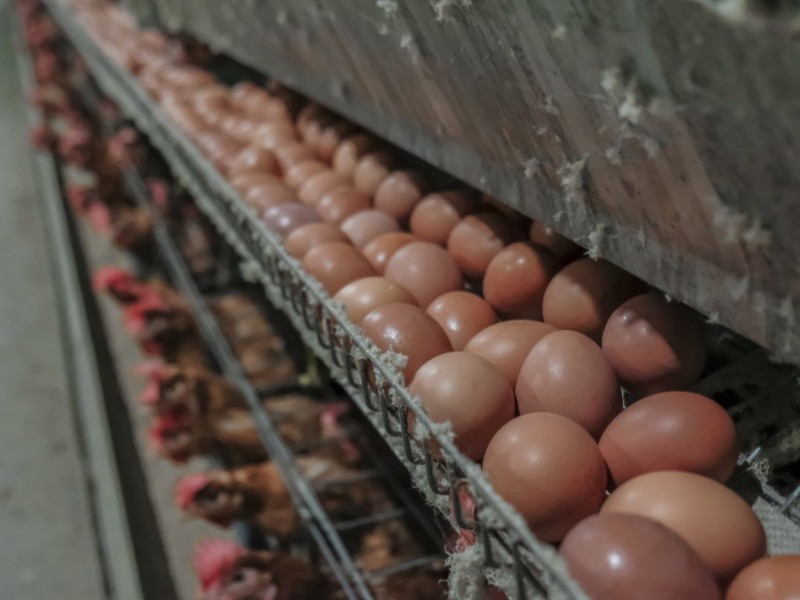
How to Start a Layer Chicken Farm in Pakistan
Starting a layer chicken farm in Pakistan can be an exciting venture. With the growing demand for eggs, getting into this business can be both rewarding and profitable. In this article, we’ll dive deep into everything you need to know about setting up your very own layer chicken farm in Pakistan, from understanding the market to choosing the right type of layer cages.
Layer Market in Pakistan
Let’s kick things off by taking a look at the layer market in Pakistan. The poultry industry has seen significant growth over the years, and the demand for eggs is high across urban and rural areas alike. Eggs are a staple food item, making them a consistent source of income for farmers.
Before diving into farming, it’s crucial to research the local market. Check out what the current prices for eggs are in your area and who your potential competitors might be. Understanding the market dynamics, such as seasonal fluctuations and consumer preferences, will give you a solid foundation to start your layer chicken farm in Pakistan.
Choosing the Right Location
When starting any business, location matters. Look for a place that’s easily accessible and has enough space for your chickens to roam within their cages. Proximity to feed suppliers and markets where you can sell your eggs can also make life easier. Ensure that the land has proper drainage and access to clean water, as these factors are essential for maintaining the health of your birds.
Layer Cages in Pakistan: Type A Layer Cage and Type H Layer Cage
Once you’ve sorted out the location, the next big decision is choosing the right layer cages. There are primarily two types of layer cages available in Pakistan—Type A Layer Cage in Pakistan and Type H Layer Cage in Pakistan.
Type A Layer Cage in Pakistan
The Type A Layer Cage is designed for high-density housing, allowing more birds in a smaller area without compromising their comfort too much. These cages usually come with multiple tiers, enabling you to maximize your space effectively. This type is great if you’re looking to scale up quickly because they allow for efficient management and can improve egg production rates.
Type H Layer Cage in Pakistan
On the flip side, we have the Type H Layer Cage, which offers a more spacious environment for each bird. Though it may take up a bit more ground space, many farmers prefer it because it promotes better health and welfare for the chickens. Healthier chickens mean better egg quality, which can lead to higher market prices. If you’re aiming for quality over quantity, this might be the way to go.

When deciding between the two types, consider your budget, available space, and long-term goals for your layer chicken farm in Pakistan.
Layer Cage Cost in Pakistan
Let’s talk numbers – specifically, the layer cage cost in Pakistan. The price can vary significantly based on the type of cage you choose, supplier rates, and features. Generally, a basic Type A Layer Cage might cost less upfront compared to a Type H Layer Cage, but remember that investing in a more spacious cage can pay off in terms of egg quality and overall productivity.
Be sure to get quotes from multiple suppliers to ensure you’re getting the best deal. Don’t forget to factor in ongoing costs like maintenance and repairs when budgeting for cages.
For those looking for reliable machinery and cages, Livi Machinery stands out as one of the top layer cage suppliers in Pakistan. They offer a range of innovative solutions tailored to local needs, ensuring that you’ll find something that fits your specific requirements.
Setting Up Your Layer Chicken Farm
After sorting out the location and cages, it’s time to set things up. Here’s a step-by-step guide to get your layer chicken farm operational:
- Construction: Build your hen house according to local regulations. Ensure it has proper ventilation, lighting, and insulation to keep your chickens comfortable throughout the year.
- Installation of Cages: Once your structure is ready, install the selected layer cages. Make sure they are sturdy and secure, as you don’t want any accidents that could harm your birds or your investment.
- Water and Feed Systems: Install automatic waterers and feeders to ensure that your chickens have constant access to clean water and balanced feed. Proper nutrition is vital for healthy layers and optimal egg production.
- Biosecurity Measures: Implement biosecurity practices to keep your flock safe from diseases. This includes controlling access to your farm, regular cleaning, and monitoring the health of your chickens.
- Selecting Breeds: Choose the right breed of chickens for laying eggs. Popular breeds in Pakistan include Hy-Line, Lohmann, and Dekalb. Each has its pros and cons regarding egg production and adaptability to local conditions.
Daily Management Practices
Running a layer chicken farm isn’t a “set it and forget it” type of deal. You’ll need to be actively involved daily:
- Feeding: Provide a balanced diet rich in proteins, vitamins, and minerals. Adjust feed quantities based on the age and number of your hens.
- Watering: Ensure that your chickens have access to fresh, clean water at all times. Hydration is key for egg production and overall health.
- Monitoring Health: Keep an eye on your flock for any signs of illness or distress. Regular check-ups and vaccinations can help prevent outbreaks that could devastate your farm.
- Cleaning: Maintain cleanliness in the hen house and around the cages. This will help reduce the risk of disease and keep your chickens happy.
- Record Keeping: Maintain detailed records of your flock’s performance, including egg production rates, feed consumption, and health issues. This data will help you make informed management decisions and improve your operation over time.
Marketing Your Eggs
With everything set up and running smoothly, it’s time to think about how to sell your eggs. Here are a few marketing strategies to consider:
- Local Markets: Start by selling directly to local markets, grocery stores, and restaurants. Building relationships with local businesses can create a steady demand for your products.
- Online Sales: Consider setting up a website or using social media to promote your farm and reach customers directly. Online sales are becoming increasingly popular and can expand your customer base beyond your immediate area.
- Community Engagement: Engage with your community by participating in local fairs, farmers’ markets, or agricultural expos. These events provide excellent opportunities to showcase your product and connect with potential buyers.
- Quality Branding: Make sure to highlight the quality of your eggs. Consumers often seek out free-range or organic options, so if you can offer something special like that, don’t be shy about promoting it!
Challenges You May Face
Like any business, starting a layer chicken farm in Pakistan comes with its own set of challenges. Here are a few common hurdles:
- Disease Outbreaks: Avian diseases can spread rapidly among flocks. It’s crucial to have a biosecurity plan in place and to monitor your birds regularly.
- Market Fluctuations: The price of eggs can vary based on supply and demand, which means your profits may not always be steady. Being adaptable and having a financial cushion can help you weather tough times.
- Regulatory Compliance: Make sure you’re aware of local laws and regulations regarding poultry farming. This includes zoning laws and health standards.
- Initial Investment: Starting a farm requires upfront capital, from purchasing land to buying layer cages and other equipment. Careful planning and budgeting can help mitigate this concern.
Conclusion
Starting a layer chicken farm in Pakistan is a venture filled with potential, but it requires careful planning and commitment. By understanding the layer market in Pakistan, choosing the right type of layer cage—whether it’s the Type A Layer Cage in Pakistan for high density or the Type H Layer Cage in Pakistan for spacious living—you can position your farm for success.
Don’t forget to calculate the layer cage cost in Pakistan and choose reliable suppliers like Livi Machinery to ensure you get the best value for your investment. With proper management, effective marketing strategies, and a focus on animal welfare, you can build a thriving layer chicken farm that contributes to your community’s food supply and brings you satisfaction and profit.


